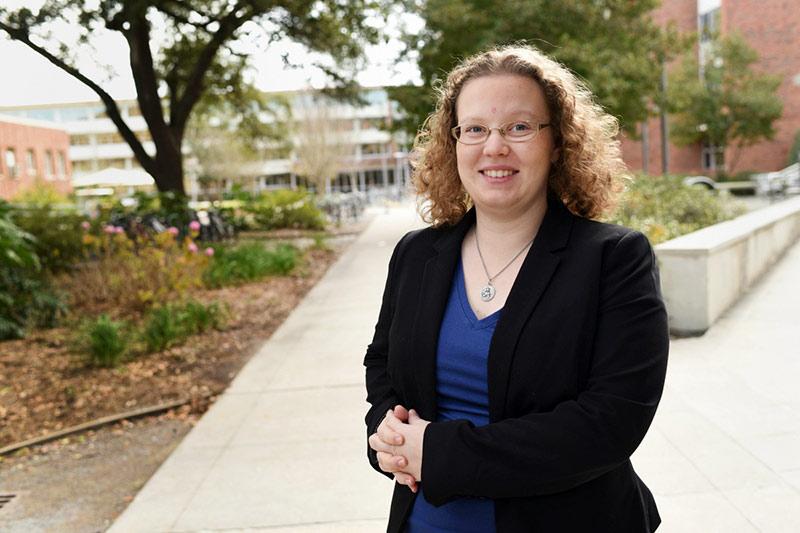Election 2016: The cost of political uncertainty
One candidate promises historic tax cuts while the other pledges to eliminate corporate loopholes. One promises to expand oil and gas production while the other vows to reduce the nation’s reliance on fossil fuels by almost half.
With a host of economic policies and regulations hanging in the balance, it’s easy to see why firms might postpone making investment decisions until after the presidential election. Scholars have long suspected that election cycles have a negative effect on the economy, but to date there’s been little empirical evidence to support that conclusion.
Now, new research from a professor at Tulane University’s A. B. Freeman School of Business offers the first hard data on the economic cost of political uncertainty.
Candace Jens, assistant professor of finance, finds that firms reduce their capital expenditures by an average of five percent prior to gubernatorial elections in their home states. If a race is close, those investments can drop by as much as 15 percent.
Based on the 8,200 firms in her sample, that amounts to nearly $108 billion in deferred investments.
Jens focused her research on gubernatorial elections, but said her findings apply equally as well to presidential elections.
“I think we could be seeing a partial slowdown in the economy because of political uncertainty associated with the presidential election,” said Jens.
While the U.S. isn’t likely to do away with elections, Jens said officials have the power to address other causes of political uncertainty.
“Any time Congress passes tax laws that are due to expire and they might or might not extend them, that’s political uncertainty,” said Jens. “Any type of debt ceiling debate, that creates political uncertainty. We’re not going to get rid of elections, but we could certainly do things in this country to mitigate political uncertainty from other sources.”


